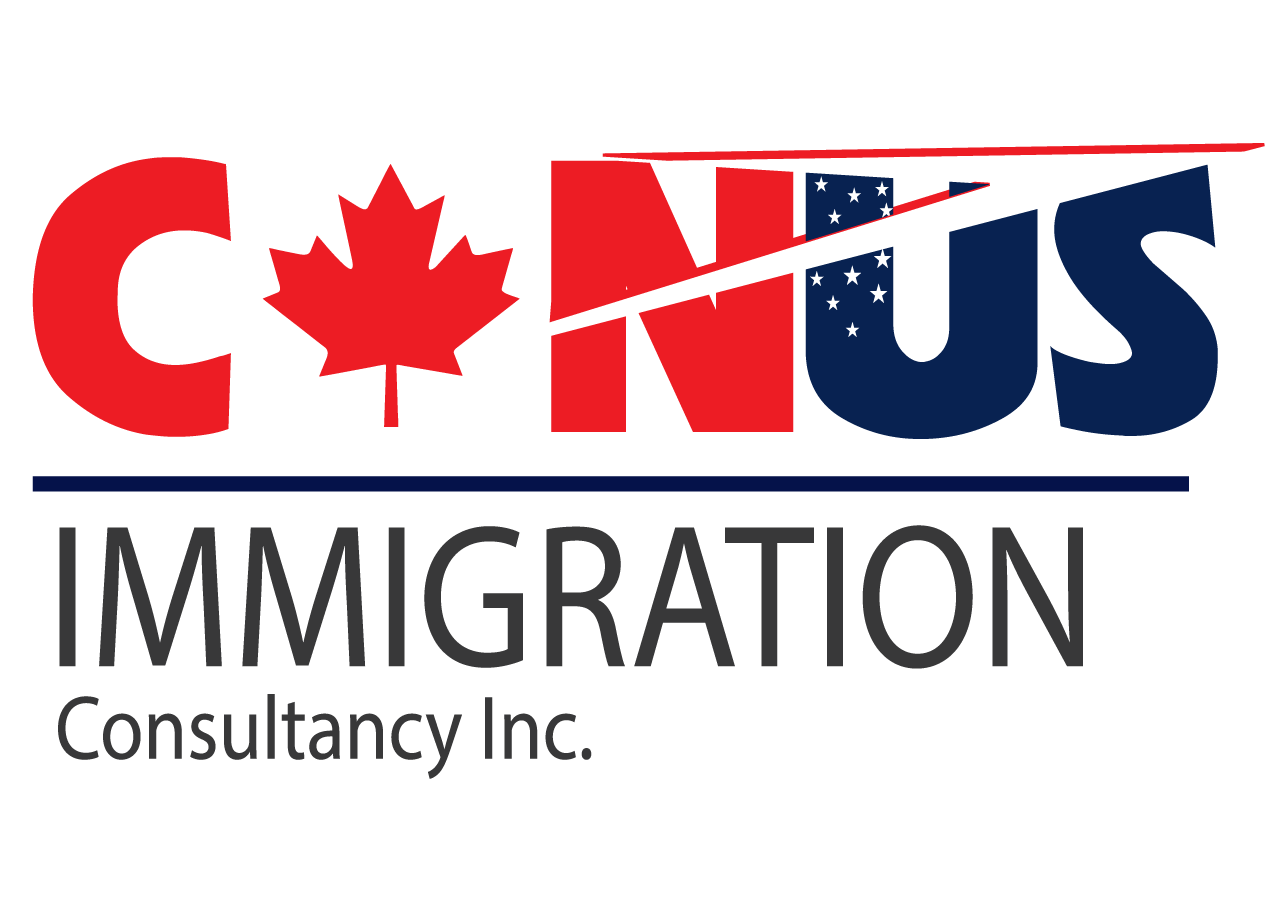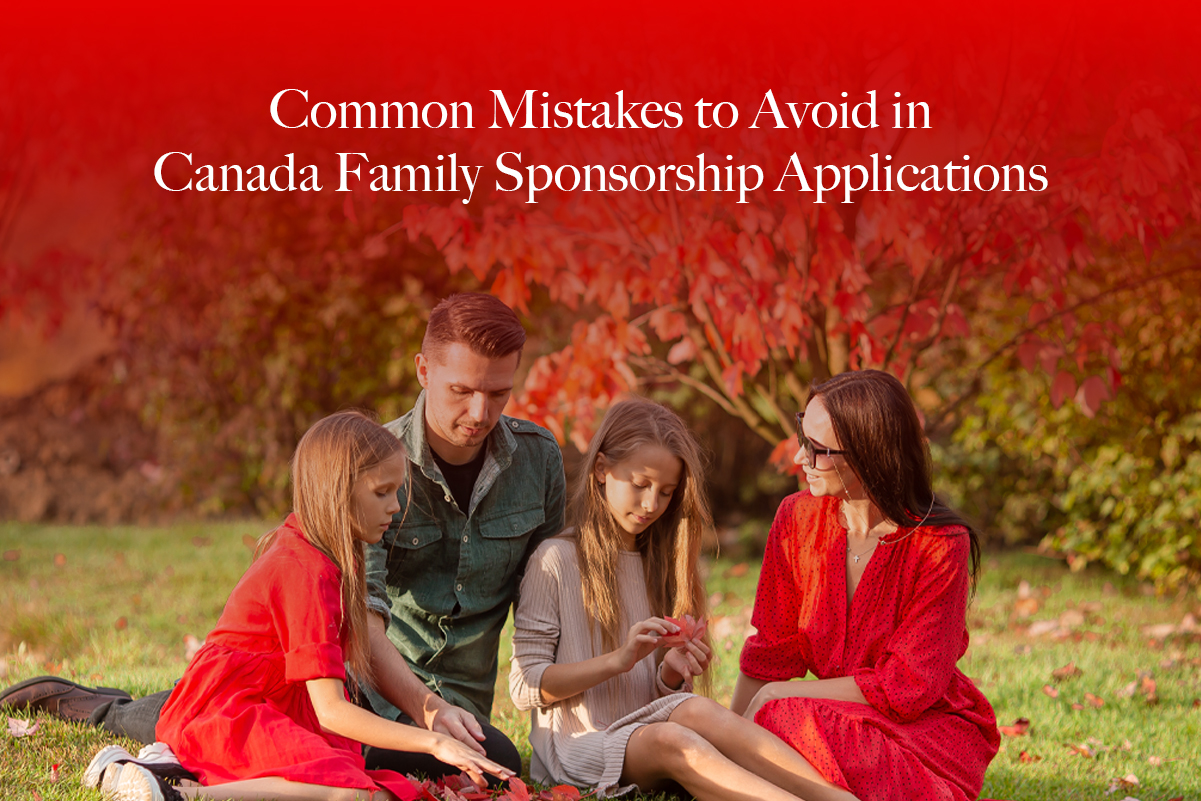Common Mistakes to Avoid in Canada Family Sponsorship Applications Want to bring your family to Canada? The path isn’t always easy. Many people start their Canada family sponsorship journey full of hope, but small mistakes can lead to big delays. It’s just like building a house – you need the right tools and a solid...


